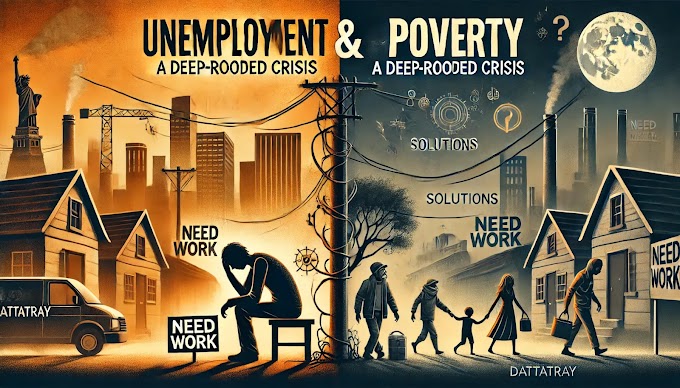The Rise of Plant-Based Diets: A Sustainable Lifestyle Choice
Introduction:
In recent years, there has been a significant shift towards plant-based diets as people around the world become more aware of the impact of their food choices on the environment, animal welfare, and personal health. The rise of plant-based diets is not merely a passing trend; it is a sustainable lifestyle choice that is gaining traction and transforming the way we eat. In this blog, we will explore the reasons behind the growing popularity of plant-based diets and the numerous benefits they offer.
Environmental Considerations:
One of the primary reasons why plant-based diets have gained momentum is their positive impact on the environment. Livestock agriculture is a significant contributor to greenhouse gas emissions, deforestation, water pollution, and loss of biodiversity. By reducing or eliminating animal products from our plates, we can help mitigate climate change and reduce our ecological footprint. Plant-based diets require less land, water, and energy compared to animal-based diets, making them a more sustainable choice for our planet.
Animal Welfare:
Concerns about animal welfare have also played a crucial role in the rise of plant-based diets. Factory farming practices often involve overcrowding, confinement, and inhumane treatment of animals. Many people are now choosing to adopt a plant-based lifestyle to align their dietary choices with their values of compassion and respect for animals. Plant-based diets offer a cruelty-free alternative that allows individuals to enjoy a wide variety of delicious and nutritious meals without contributing to animal suffering.
Health Benefits:
Plant-based diets have been associated with numerous health benefits. By focusing on whole, plant-based foods such as fruits, vegetables, whole grains, legumes, nuts, and seeds, individuals can enjoy a diet that is rich in essential nutrients, vitamins, and minerals. Plant-based diets have been linked to a reduced risk of chronic diseases, including heart disease, type 2 diabetes, obesity, and certain types of cancer. Moreover, they are typically lower in saturated fat and cholesterol, making them a heart-healthy choice.
Culinary Diversity:
Contrary to common misconceptions, plant-based diets are far from boring or restrictive. In fact, they offer a wealth of culinary diversity and creativity. From hearty salads and grain bowls to flavorful stir-fries and plant-based burgers, there is an abundance of delicious plant-based recipes available. The rise of plant-based cuisine has also led to the emergence of innovative meat and dairy alternatives, allowing individuals to enjoy familiar flavors and textures without relying on animal products.
Accessibility and Affordability:
Plant-based diets are becoming increasingly accessible and affordable. As the demand for plant-based products grows, more restaurants, cafes, and grocery stores are offering plant-based options. Additionally, staples of plant-based diets such as legumes, grains, and seasonal produce are often more affordable than animal products, making plant-based eating a viable option for people of different socioeconomic backgrounds.
Conclusion:
The rise of plant-based diets is a testament to our growing awareness and concern for the environment, animal welfare, and personal health. By adopting a plant-based lifestyle, individuals can contribute to a more sustainable future, promote animal welfare, and enjoy a diverse range of delicious and nutritious meals. Whether motivated by environmental, ethical, or health reasons, the popularity of plant-based diets shows no signs of slowing down. So, why not embrace this sustainable lifestyle choice and explore the exciting world of plant-based cuisine? Your taste buds, the planet, and future generations will thank you.
Thanks for reading ( Have A Great Week :)
. . .
Eat less and move more >
.png)






.png)



.png)


0 Comments